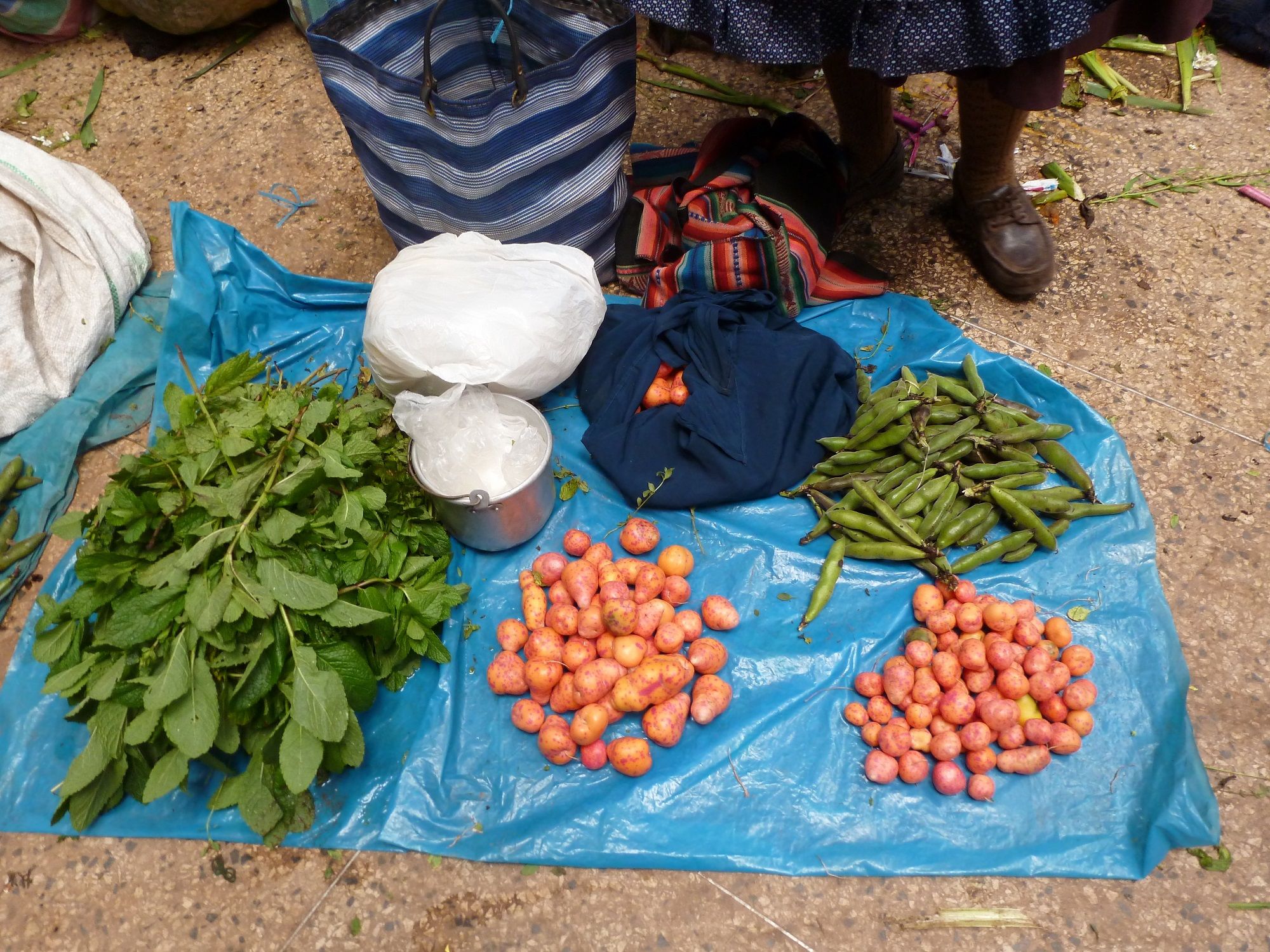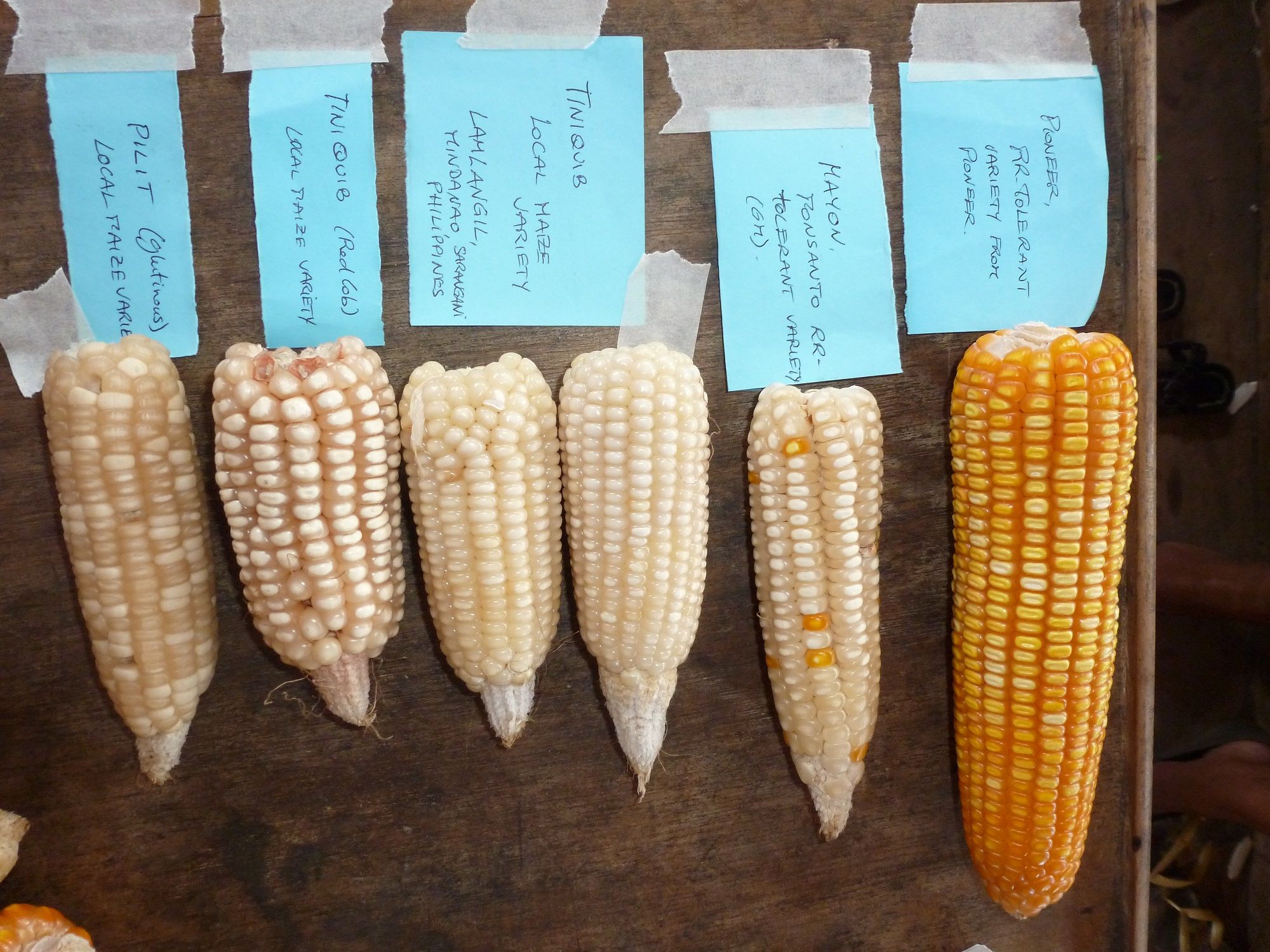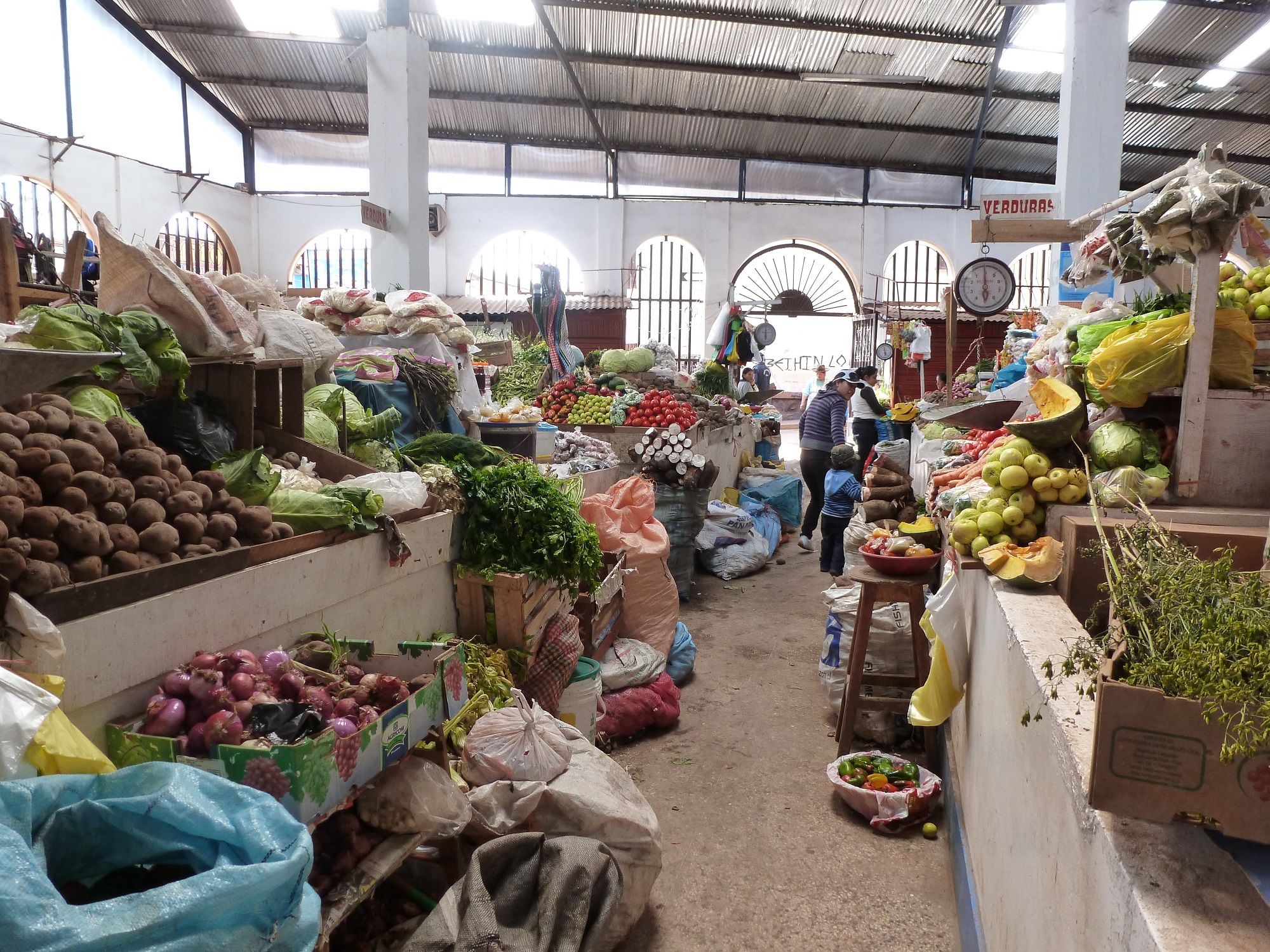A call for human rights impact assessments
 ©
Carine Pionetti
©
Carine Pionetti
For years, Public Eye has been criticising Switzerland and other industrial countries for pressuring developing countries into joining the International Union for the Protection of New Varieties of Plants (UPOV). By joining this intergovernmental organisation, countries commit to incorporate a higher level of protection for commercial seeds and planting material in their national legislation. For years, Public Eye has been pointing to the fact that the countries of the South were not included in the negotiations on the development of the UPOV system, which as a result serves neither their interests nor their needs.
“Owning seeds, accessing food”
In October 2014, Public Eye published a comprehensive pioneering study that showed how their accession to UPOV jeopardised the livelihood of small-scale farmer families dependent upon traditional seed multiplication. The study “Owning Seeds, Accessing Food – A human rights impact assessment of UPOV 1991 based on case studies in Kenya, Peru and the Philippines” describes and proves the specific limitations that stricter plant variety protection laws impose on small-scale farmers when it comes to using protected seeds from the previous year’s harvest. UPOV imposes a blanket ban on the exchange and sale of seeds produced in this way and significantly limits the free use of these in farmers’ own fields.

Bilateral free trade agreements are a favoured instrument to pressure developing countries to join UPOV – Switzerland has repeatedly done so in previous FTA negotiations. At the same time, however, it has refused to carry out the human rights impact assessments (HRIAs) that Public Eye has been calling for. These assessments enable possible negative consequences on the human rights situation in partner countries to be identified in advance and thus prevented. The Federal Council’s flat refusal to carry out prior human rights impact assessments is clear in its answer to an appeal made by National Councillor Claudia Friedl in March 2015 for no demand for stricter plant variety protection laws to be made in free trade agreements.
Concerning results
In response to the inertia of the Swiss government and increasing pressure on the countries of the South to change their plant variety protection laws, Public Eye launched a large initiative, joining forces with other NGOs to carry out a human rights impact assessment. In cooperation with local experts, they assessed how joining UPOV and introducing the corresponding seed protection laws would impact marginalised population groups’ right to food in Kenya, Peru and the Philippines. The results of this empirical study are concerning: most producers in the South depend on access to seeds and planting material within an informal seed system, i.e. they access commercial seeds by reproducing or exchanging seeds between farmer families or buying seeds from other farmers at local markets. If this informal seed system is restricted by the introduction of stricter plant variety protection legislation of the kind required by UPOV it hinders small-scale farmers’ access to seeds and can even endanger their right to food. These plant variety protection laws criminalise traditional practices used to maintain, ensure the sustainable use of and further develop seeds. In the medium term, the loss of this traditional knowledge can also endanger the right to food.
 ©
Carina Pionetti
©
Carina Pionetti
Switzerland must take action
Aware of this, Public Eye and its partner organisations have certain specific demands for the governments of Switzerland and other countries:
- Government in the South must carry out human rights impact assessments before plant variety protection legislation is introduced or amended.
- To protect their small-scale farming populations, governments should use the policy space provided to them by the TRIPS agreement and other international treaties – there are alternatives to the UPOV system.
- In free trade agreements, Switzerland should refrain from making any demands in relation to plant variety protection.
- The Swiss government must finally start carrying out human rights impact assessments before it concludes new free trade agreements. Such assessments are key to discharge Switzerland’s international obligations in the area of human rights.
Together with its partners, Public Eye has submitted these demands to the appropriate bodies. We also inform important stakeholders of the results of our studies at events at UN human rights bodies, the FAO and at the national level.
The study and the corresponding factsheet are available in several languages.

